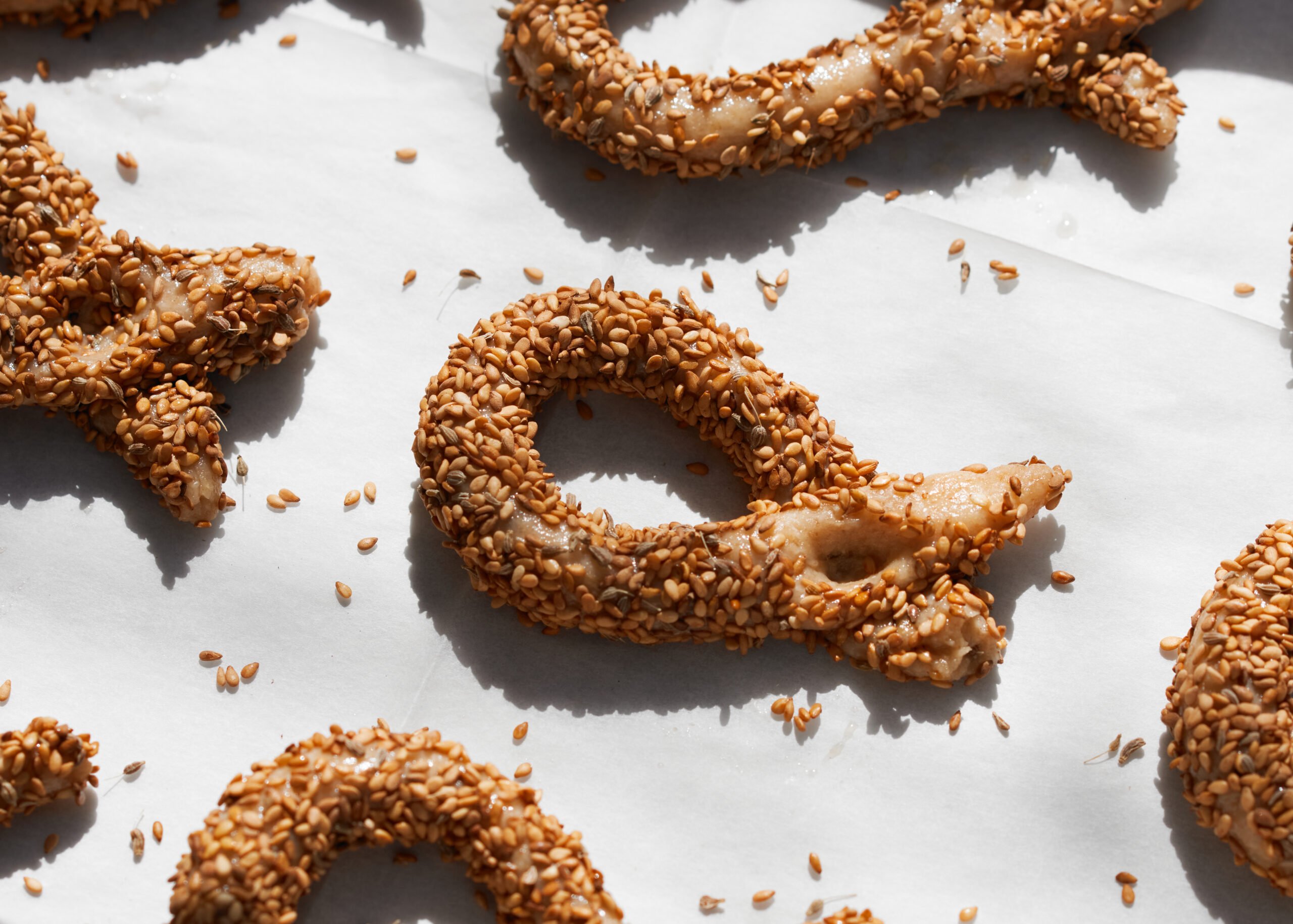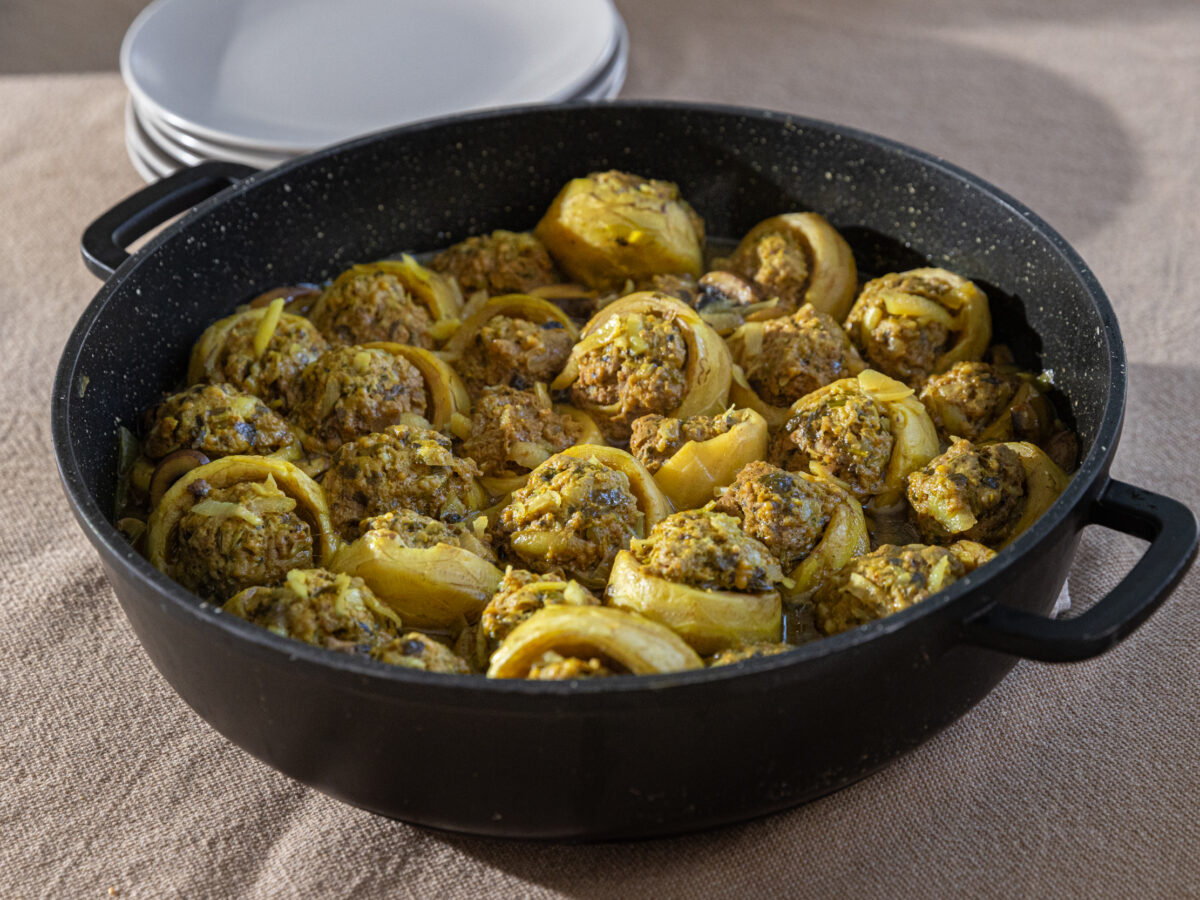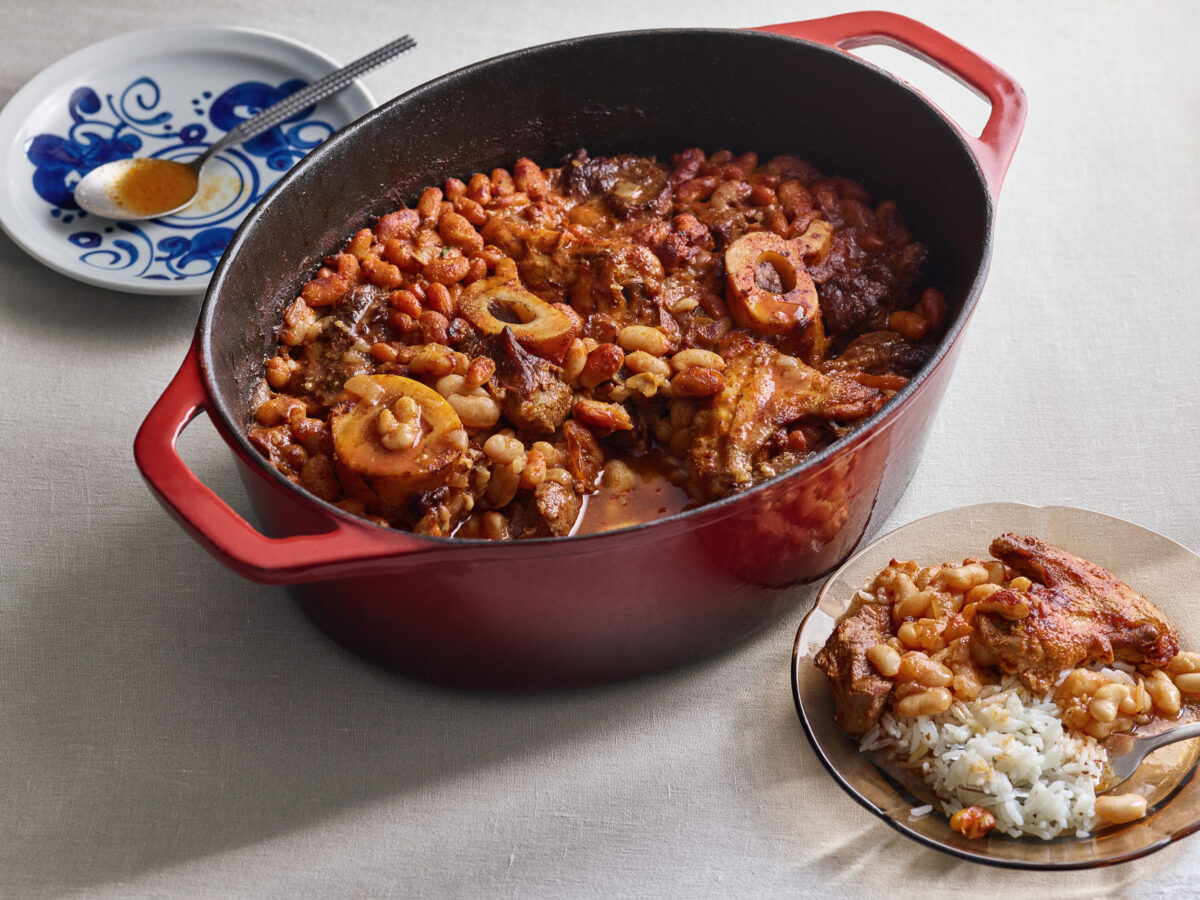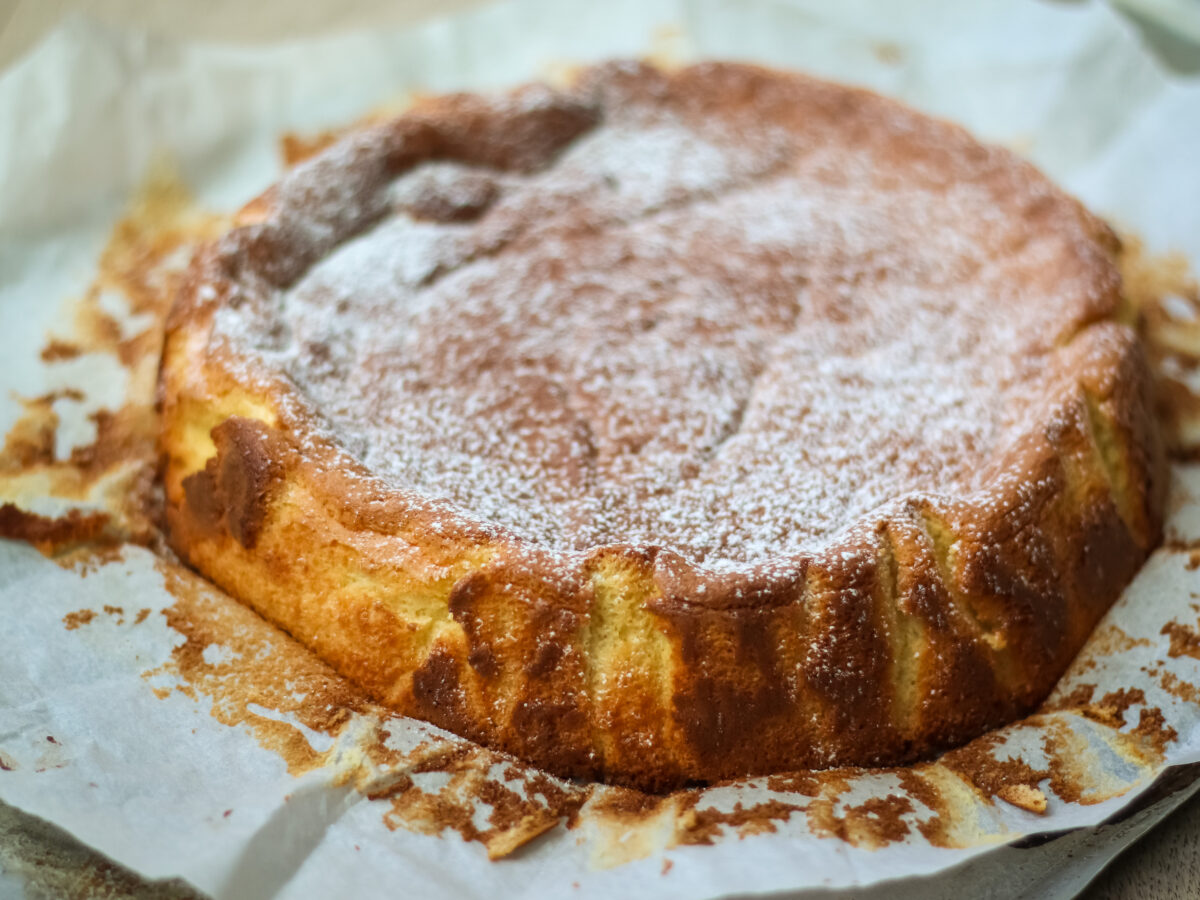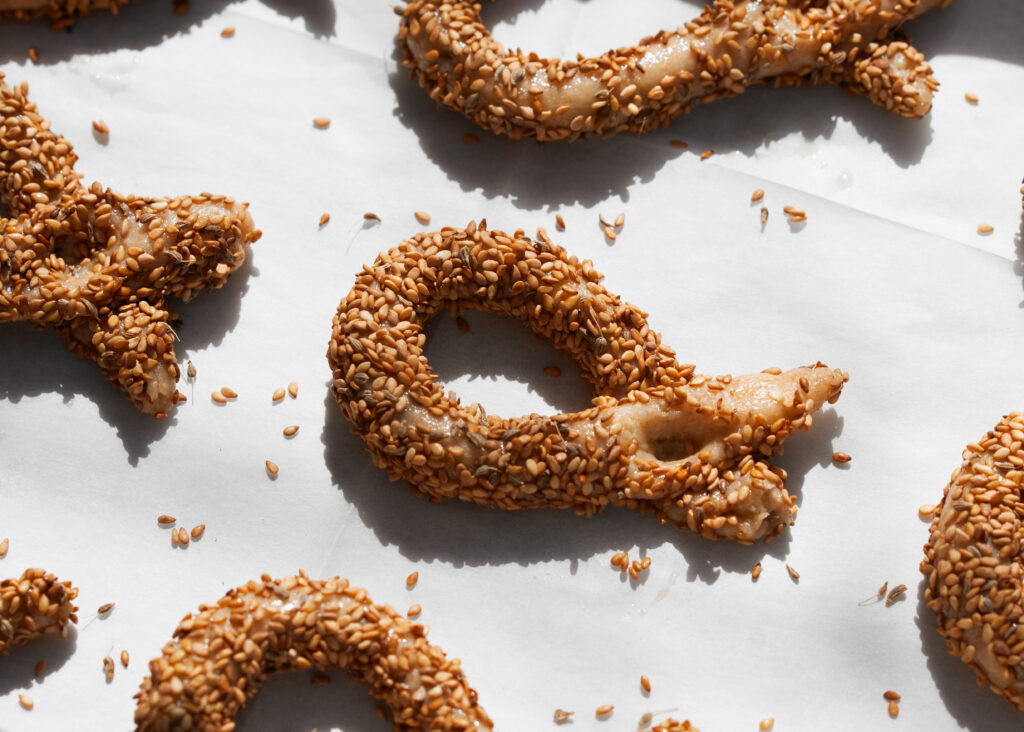
This is not the round ka’ak (bagel) that is known today in Israel and throughout the world as a “Jerusalem Ka’ak.” These ka’ak are harder, small and round, and more similar to cookies. Medieval Arabic cookbooks feature recipes for ka’ak that were made using various techniques: baking on a pan greased with sesame oil, frying in oil and dipping in a syrup of sugar and rose water, or allowing the dough to proof and cooking in boiling water. They were seasoned with a variety of spices and seeds, including mastic, cinnamon, musk, camphor, fenugreek, roasted anise, nigella, coriander seeds, and sesame. In one book the author notes that there are recipes for simple ka’ak, but since they are known to everyone, there is no reason to include them in the book. It is reasonable to assume that it was these ka’ak that were commonly found in markets and eaten by most of the city’s residents. Barazek, karshala, and ka’ach sha’i (or “tea ka’ak”) are some of the names of crisp pastries made today, in flat round disks or rings, which are members of the same family.
Chef and baker Erez Komarovsky created a modern sourdough recipe inspired by the crisp, seasoned ka’ak of the Middle Ages. In the production process he used local ingredients — such as baladi sesame, sesame oil, semolina from landrace varieties, and cane sugar — that were once produced in the region but today are generally imported. The manner in which the baked goods are shown in the exhibit reflects the way breads and pastries are displayed to this day in the markets of Istanbul, once the capital of the Ottoman Empire.
Ingredients
- ½ cup 50% water sourdough starter (see recipe below), or 1 teaspoon active dry yeast
- ½ cup / 60 grams durum flour
- ½ cup / 70 grams semolina
- 1¼ cup / 140 grams spelt flour
- 1¼ cup / 150 grams whole spelt flour
- 1 large egg
- ½ cup / 100 grams cane sugar
- ½ cup / 130 grams goat milk yogurt
- ¾ cup cold pressed sesame oil
- 1 heaping teaspoon anise seeds
- 1 tablespoon finely ground mahlab (optional)
- ¾ tablespoon salt
- For the sourdough:
- 3 cups whole spelt flour
- water
- A piece of an over-ripe apple (the brown part)
- For the sugar syrup:
- 2 cups sugar
- 1 cup water
- For the topping:
- 2 cups roasted sesame seeds
- 2 tablespoons anise seeds (optional)
Preparation
- Prepare the sourdough (optional, can be replaced with dry yeast): Stir the ingredients together and transfer to a clean jar. Cover with a perforated cheesecloth/ cling film, and let stand at room temperature for 24 hours.
- The following day: Discard half of the mixture, add ½ cup of flour and ½ a cup of water, mix well and cover. Let stand at room temperature for 24 more hours.
- Repeat step 2 three more times, for a total of 5 days; each day discarding half of the mixture and adding ½ cup flour and ½ cup water. After 5 days the sourdough starter will be ready to use.
- Prepare the syrup: Bring the sugar and water to a boil. Simmer until the sugar has completely dissolved. Cool.
- Prepare the dough: Combine all the ingredients by hand or in a mixer until a dough forms. Wrap in cling film and place in the refrigerator overnight.
- The following day, divide the dough into 25 equal pieces (a generous tablespoon each) and roll each to a small log.
- Preheat the oven to 350°F / 180°C and have an oven-safe bowl of boiling water ready (this will go in the oven along with the biscuits).
- Prepare the topping: Mix the ingredients together and spread on a tray in an even layer.
- Dip a piece of dough in the syrup and immediately roll in the topping mix to cover. Lightly Shake off any excess.
- Bring the edges of the log together to form a ring and place on a baking tray lined with parchment paper. Repeat with the remaining dough.
- Bake the ka’ak: Place the bowl of boiling water on the bottom of the oven and bake the ka’ak in the humid oven for 25 minutes. Open the oven door, remove the bowl and release the steam. Reduce the oven temperature to 225°F / 100°C and bake until the ka’ak are completely dry, about 30 minutes. Cool.
